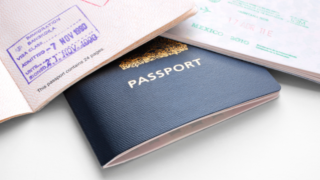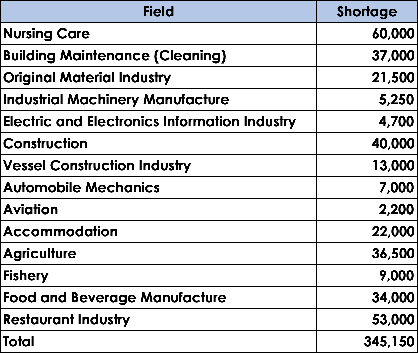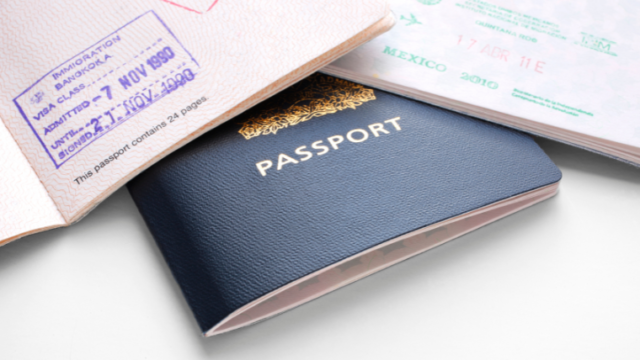
Hello, this is BabyJ😊.
In my previous article, I introduced the Japanese Government’s new immigration policy to accept 350,000 more foreign workers in Japan.
I also introduced the new resident status, “Specified Skilled Worker (特定技能), ” the Government has just installed in an effort to increase the foreign work force in Japan.

In this article, I will explain in more detail about this new resident status, “Specified Skilled Worker (特定技能)” and how the new resident status would provide opportunities for foreigners who are willing to work in Japan.
Qualification to Apply for “Specified Skilled Worker”

I explained in my previous article that anyone above 18 years of age can apply for this resident status, “Specified Skilled Worker”, regardless of his/her educational background.
You don’t need to have graduated from a university or college, with Bachelor’s or Master’s Degree, contrary to the case of “Engineer/Specialists in Humanities/International Services,” the most common resident status, given to the professionals working in Japan.
The only requirement other than age, for “Specified Skilled Worker”, is to pass a Japanese proficiency test, a technical skill test for the specific field, and a Japanese proficiency test for that selected field.
At the moment, the specific fields for “Specified Skilled Worker” are limited to the 14 fields indicated below:

Japanese Tests & Technical Skill Test

The three tests above are to be given 6 times a year in 9 countries such as Vietnam, Philippines, Cambodia, Myanmar, China, Indonesia, Thailand, Nepal, and Mongol, in addition to Japan, at the moment.
This means that, in principle, only the foreign applicants from these 9 countries can apply for this newly introduced resident status at the moment, unless an applicant is already in Japan as a student or a technical intern trainee.
* Those who have completed the Technical Intern Training II (3 years) will be exempt from both the Japanese and the technical skill tests.
* The Japanese Government plans to add more countries to the above testing locations.
Terms of Employment Offered

A worker with a resident status, “Specified Skilled Worker,” is entitled to stay and work in Japan for a year, with a possible renewal, up to 5 years.
In addition, he or she should be offered full-time employment directly from his/her employer.
How to Find a Testing Information and How to Find a Job Offer

How then can you find the testing information for these 3 different tests, and how can you find job openings for the designated fields?
According to the information provided by the Japanese Government so far, the testing information and information for job openings are to be provided by the Japanese Embassies and Consulates, or the Japan Foundation or any other international public entity in the designated 9 countries indicated above.
What You Should Do to Work in Japan

In conclusion, I would suggest the following options.
If you are from any of the designated 9 countries, Vietnam, Philippines, Cambodia, Myanmar, China, Indonesia, Thailand, Nepal, and Mongol, and if you have skills in one of the designated 14 fields, then you can apply for the “Specified Skilled Worker.”
But if you are from the countries other than the 9 countries above and have completed 4 years of university education with Bachelor’s or Master’s Degree, then you’d better go for a resident status, “Engineer/Specialists in Humanities/International Services” or any other status such as “Instructor,” “Professor,” etc. for professional positions.
Landing a Job Comes First Before a Resident Status

Whatever is the case, what you have to do first is to find a job.
Once you’ve landed a job and you’ve received an official offer of employment, then your employer will sponcer your work permit and provide the necessary documentation for you to process your visa to work in Japan.

